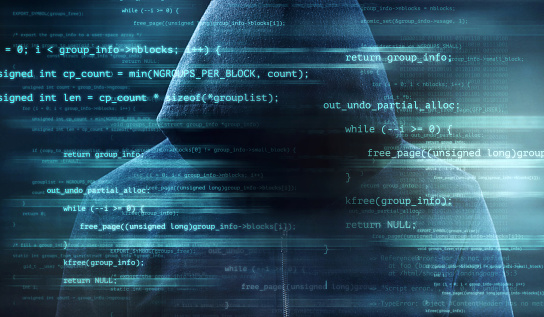Americans are at higher risk for state sponsored Russian cyberattacks, as retaliation against sanctions imposed by the US against Russia for its recent invasion of Ukraine.
“We are seeing more and more nation-state activity due to the conflict in the Ukraine,” said Ryan Wright, a professor specializing in cybersecurity at the University of Virginia, via USA TODAY. “With U.S. sanctions setting in, it is only a matter of time until the U.S. is targeted more directly. This may mean attacks on your personal device through ransomware but also attacks on the infrastructure such as your internet access or even the power grid.”
What can you do to protect yourself? Make a thoughtful assessment of your cybersecurity precautions in both your business and your home.
- Turn on Multi-factor Authentication wherever possible.
- Update everything and install security patches on all your devices including tablets and mobile phones. For the most timely protection, turn on automatic updates.
- Really think before clicking links or opening attachments in emails. Most cyberattacks start with a legitimate phishing email. Err on the side of caution, and if you have any doubt, contact the sender directly to verify the validity of the email.
- Use strong unique passwords and change them often. Password vaults such as Password Boss, will generate unique passwords and securely store them for you so won’t have to resort to writing them down to remember them.
- Don’t believe everything you read. Disinformation runs rampant during chaotic events. Be mindful about what you read and share. Also, be on the lookout for scammers pretending to be charities helping Ukranians. Don’t click on links in emails about Ukraine. Go directly to the source (news outlet or known charity) for your information.
- Backup critical files. Don’t wait until you’ve been hit with ransomware, power outage, or system failure before wondering if your data is backed up. Confirm you have adequate backup processes in place and regularly test your data restoration capabilities.
It can be easy to let fear override our commonsense approach to emergency situations (remember the toilet paper hoarding early in the Covid pandemic?). The best approach is to make logical and effective preparations to mitigate risk, and this holds true for cybersecurity.

